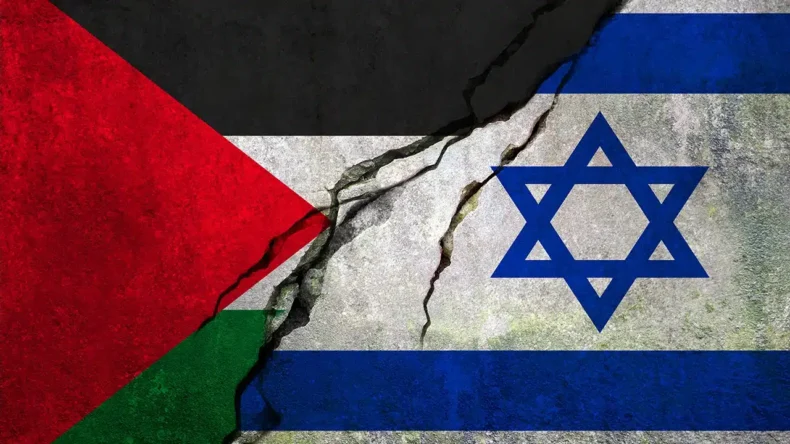Jordan hosted a meeting between the Israeli and Palestinian officials following the surge in deadly violence in the occupied West Bank.

Table of Contents
As per a news media source officials of both Israel and Palestine have taken an oath to de-escalate the violence. In the statement issued by them, Israel said it would halt discussions about new settlement units in the occupied West Bank for a period of four months.
The main aim of the talks was to eventually arrive at an agreement. “The objective is to reach an agreement on stopping all unilateral measures with a view to achieving a period of calm that would allow for confidence-building measures and lead to more political engagement,” the official said.
The talks were planned days after Israeli forces carried out a raid in the occupied West Bank area in the city of Nablus that killed 11 Palestinians. About 15 houses and a number of cars were burned, according to Palestinian sources. The death toll in Wednesday’s raid was the highest since the second Intifada of 2000-2005.
Al Jazeera reported that the intensifying violence has killed 62 Palestinian adults and children since the start of this year.
The conflict between Israel and Palestine is a complex and long-standing issue that has been ongoing for decades. The conflict involves the competing claims of both Israelis and Palestinians over the same land, particularly in the region known as the West Bank and Gaza Strip.
HISTORY OF ISRAEL-PALESTINE WAR
The conflict has its roots in the early 20th century, when Zionist Jews began immigrating to Palestine with the aim of creating a Jewish homeland. This led to tensions with the Arab population, who also claimed the land as their own. The conflict has been marked by violence, including wars and acts of terrorism, and it has been the subject of numerous peace negotiations and agreements over the years, but a lasting resolution has yet to be achieved.
The issues at the heart of the conflict include the status of Jerusalem, the rights of Palestinian refugees, the borders of any future Palestinian state, and the ongoing construction of Israeli settlements in the West Bank. There are also deep-seated cultural and religious differences between the two sides that contribute to the complexity of the conflict.
In May 2021, there was a significant escalation in violence between the two militant groups in the Gaza Strip. The conflict was triggered by tensions in Jerusalem, particularly around the Old City’s Al-Aqsa Mosque, which is a holy site for both Muslims and Jews. Palestinian protesters clashed with Israeli police over planned evictions of Palestinian families from their homes in the Sheikh Jarrah neighbourhood of East Jerusalem.
In response to the protests and clashes, Palestinian militants in Gaza began firing rockets into Israel. Israel responded with air strikes and artillery fire, targeting Hamas and other militant groups in Gaza. The conflict resulted in the deaths of more than 250 Palestinians, including many civilians, and 12 Israelis. The fighting also caused significant damage to infrastructure in Gaza, including residential buildings, roads, and electricity and water networks.
A ceasefire was brokered by Egypt on May 21, 2021, ending the 11-day conflict. However, the underlying issues that sparked the conflict, including the status of Jerusalem, the rights of Palestinian refugees, and the ongoing construction of Israeli settlements, remain unresolved. The conflict highlighted the ongoing tensions and deep-seated grievances on both sides and the urgent need for a peaceful resolution to the conflict.
A peaceful resolution that respects the rights and aspirations of both Israelis and Palestinians is essential for long-term stability and security in the region.
Read Next: https://tdznkwjt9mxt6p1p8657.cleaver.live/highlights-g20-fmcbg-meeting/












